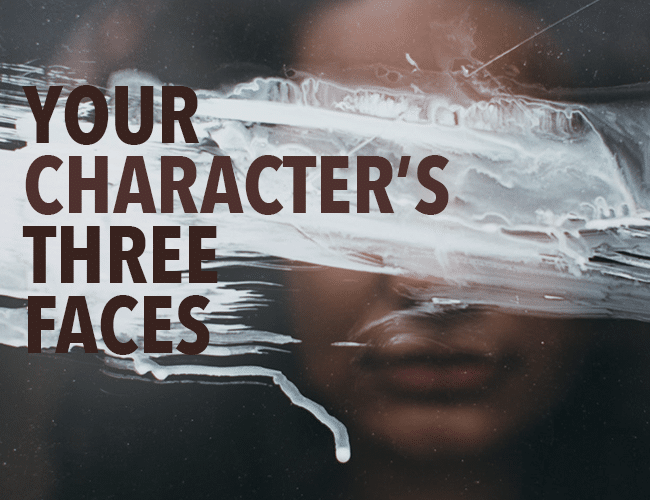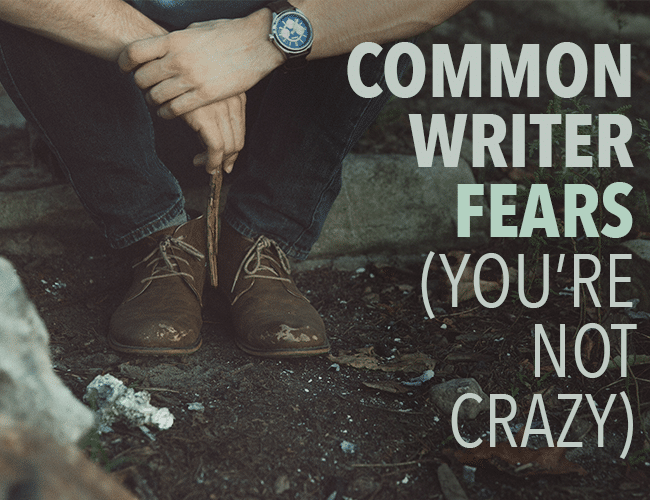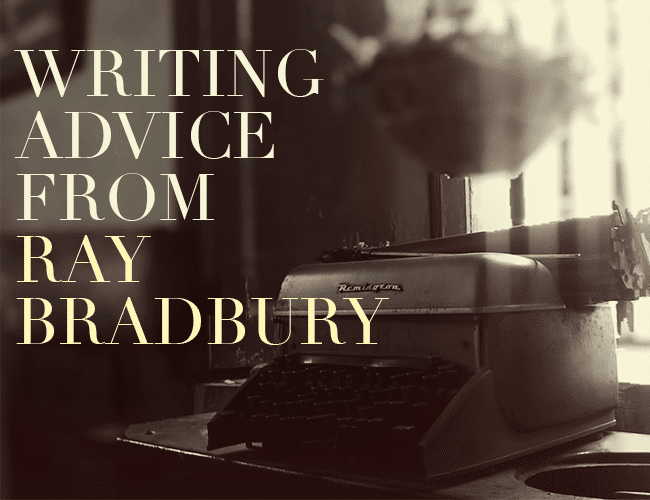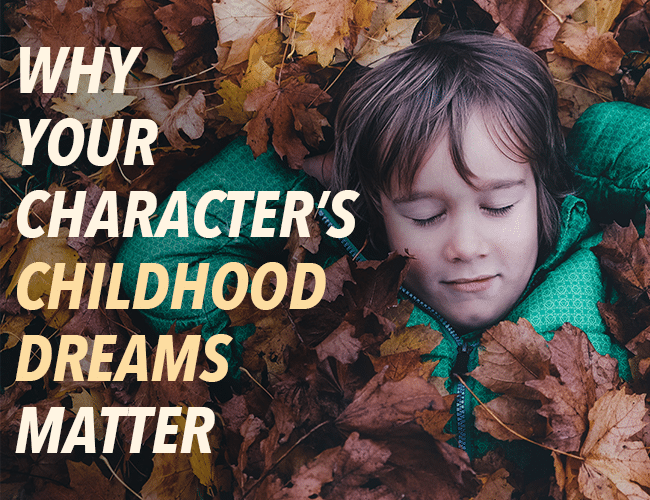
by Ruthanne Reid |
People are complicated, and much of what makes us who we are is hidden beneath the surface. As we interact with different people, we reveal different layers of ourselves. The same is true of your character—they will express themselves differently depending on the people around them.
Who is your character when people are watching? Who is your character when they’re not?
by Ruthanne Reid |
Have you ever seen an expert do something so brilliantly that they made it look easy? Writing is like that.
Here’s the thing: when our favorite authors write, they sit down and they write and they make it look easy. We see (or imagine) their facile skill with words and phrases, and we think, I want to do that. For a while, we even feel like we can do that. But when we put words down . . . well, they just don’t come out like that.
The truth is, though, no writing is wasted—not even your worst words, the pages that will never see the light of day.

by Ruthanne Reid |
Writing is a tricky business. We throw ourselves into it, gripped by passionate ideas and the need to speak them. We persevere when haters tell us to stop, push through when our own limitations creep up like fences to be hurdled, and devour articles offering tips on how to write better, faster, and smarter.
In the middle of all that, is it any wonder that sometimes we feel like we’re crazy?
Today, we’re not going to work on the fiction side of writing. Today, we’re going to work on ourselves. Think of this as a writer’s personal-training workout.

by Ruthanne Reid |
Sometimes, you can’t write. And I mean you REALLY can’t write. You know the feeling: the kind where it seems your soul is so parched and empty that your imagination has withered and gone. The kind where everything you managed to write before either looks incredibly stupid (and you made it public! The horror!) or, worse yet, was the product of some brief moment of genius which you shall ne’er taste again. Today, I’m going to walk you through what to do during those times via advice from Ray Bradbury.

by Ruthanne Reid |
We often struggle to create realistic characters; they don’t always seem believable. We can usually recognize characters that feel two-dimensional, but we don’t always know why. I’d like to submit that one of the primary reasons we have trouble with characterization is we rarely ask ourselves how our characters got where they are.
With very few exceptions, all characters had a childhood. What did your character want to be when they grew up? The success or failure of that dream is a crucial part of the journey that brought your characters to their place in your story.



